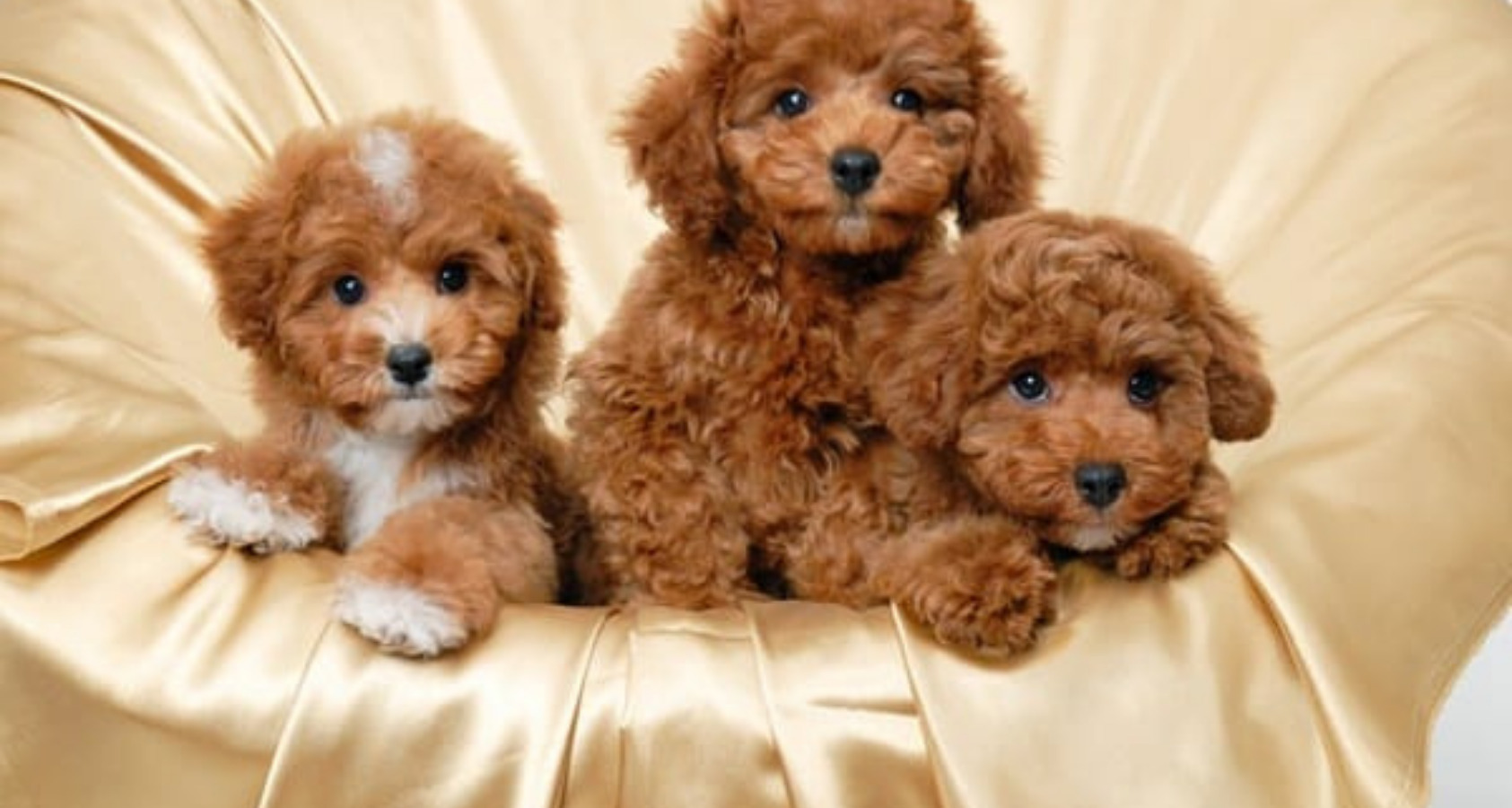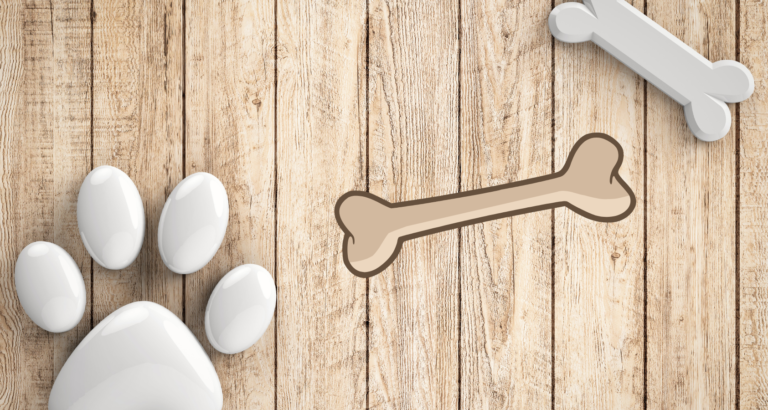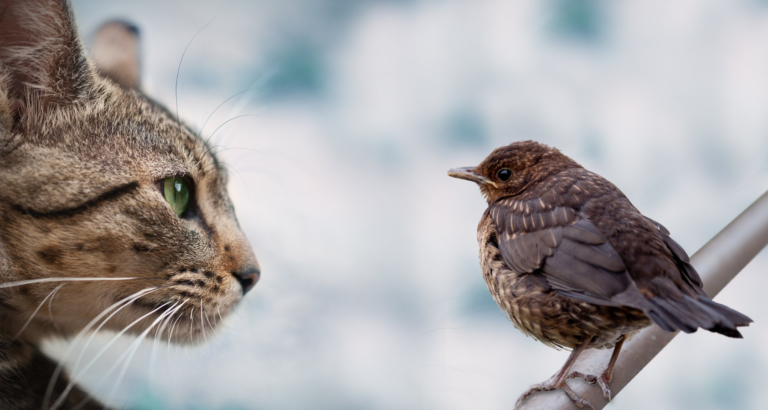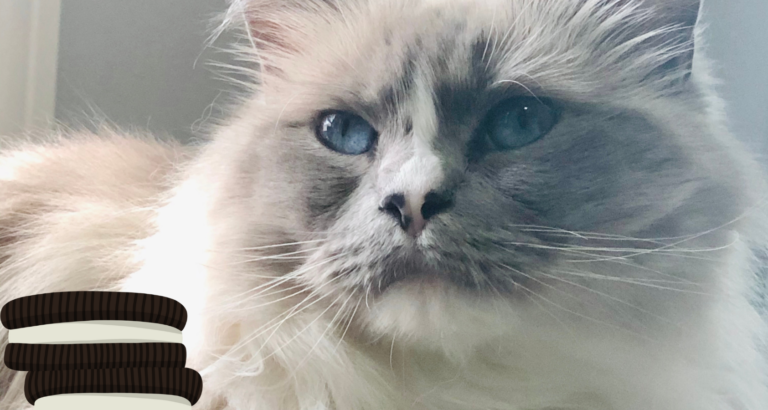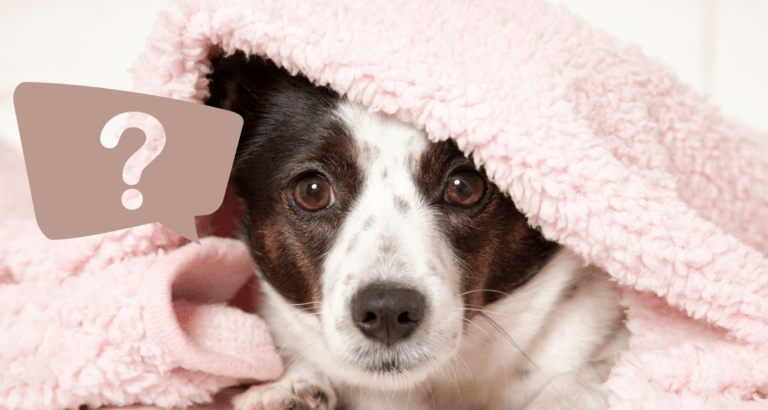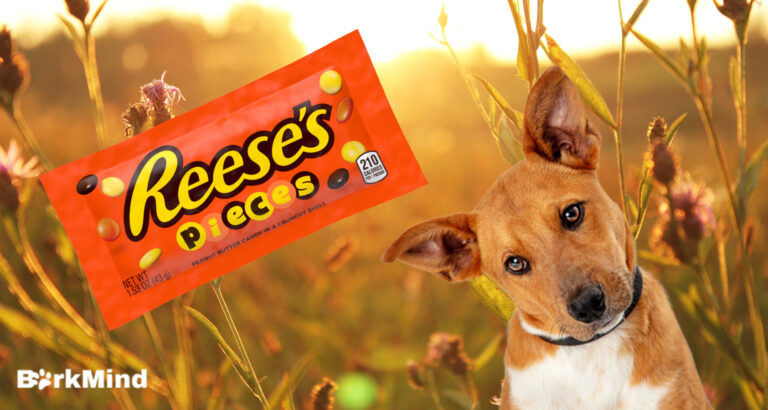Full Guide: To Owning a Poodle Puppy
Last updated on March 21st, 2023 at 12:05 am
Reading Time: 12 minutesThis post may contain affiliate links. If you click and buy we may make a commission, at no additional charge to you.
Poodle Puppies: Everything You Need To Know
Those who are in love with the idea to own baby poodle puppies. Should look forward to discovering their adorable features, looks, behavior, and more.
As opposed to the stereotypes of fluff-headed, stuffy poodles, in fact, poodles are a very intelligent, elegant, and proud breed of dogs. Let’s get to know these adorable dogs and everything about them.
Quick Description
Poodle – a dog that holds a number of best-in-show titles under his belt.
If you look past the trophies, fancy haircuts, and regal demeanor, you will discover a loving family pet that has a rich history and an array of talents.
Their greatest quality is their smartness and self-assured nature which reflect the love they receive from their owners.
Poodle puppies are intriguing, so it’s worth learning more about them. In case you are considering getting a baby poodle, you will find this article helpful. For those of you who are still unsure, this guide will satisfy all your doubts and you will find everything about baby poodles, from their types, physical attributes, grooming, training to even cost.
Let’s dive in!
Types of Poodle Puppies
Actually, there are a few, but some are more famous than others.
In spite of being considered France’s national dog, the poodle traces its roots back to Germany. This puppy’s name is derived from the root word pudelin, which in German means “to splash about”.
Back in the day, large dogs called pudelhunds were excellent duck hunters and water retrievers.
Poodles come in five different types, which are:
- Standard Poodle
- Toy Poodle
- Miniature Poodle
- Klein Poodle
- Teacup Poodle
The first three types of poodle fall under the recognition of the American Kennel Club (AKC), the latter two only have recognition among poodle enthusiasts and a handful of other breed registries.
Note that AKC regards all the three recognized variations as size variants of the same breed. By contrast, the UKC considers standard poodles a different breed than miniature and toy poodles.
Fun Facts About Poodles
Before we delve into the traits of these incredible creatures. Let’s take a look at some fascinating facts about them that you might not have known before.
- Despite the fact that it is France’s national dog, poodles originate from Germany. And the dog breeds are named after the German words “pudelin” or “pudel‘ which translates to “to splash in water”. In actuality, there is no such thing as a French Poodle. A Caniche is a name given to this type of dog in France, which means duck dog in French.
- Having originally been bred as water retrievers, the poodle got its name from splashing in the water. These individuals were responsible for retrieving birds and ducks for their owners. The skills they once possessed haven’t faded with time. In some areas, hunting with poodles is still practiced in today’s world.
- Almost everyone is familiar with the three poodle varieties recognized by the AKC, namely the standard poodle, miniature poodle, and toy poodle, but the AKC has yet to recognize two others. Klein poodles and teacup poodles are two additional types of poodles.
- Owners of today’s poodles may merely take pride in the appearance of their pet’s unique hairstyle, but in earlier times, when poodles were working dogs, the way owners trimmed their dogs served a functional and practical purpose. Actually, when poodles are wet, their hair gets an unpleasant weight. Having the hindquarters of poodles’ hairs cut, enabled them to swim better. Cold weather wasn’t an issue for the poodle because of its long hair around its lungs and heart.
- One of the world’s most prestigious dog sled races the Iditarod was once participated by an all-pooch team. Dog sledding is recognized as the ultimate sport because of its 1,150-mile journey through Alaska’s Arctic tundra. A standard poodle dog sled team, led by John Suter, competed in the 1988 race. Sadly, while the dogs were brave enough to compete in the Iditarod, the harsh conditions proved too much for them, resulting in many dogs being forced to abandon the race much before they reached checkpoint one.
Poodle Puppy Traits
| Traits | Baby Poodle | Traits | Baby Poodle |
| Coat -length | Single, dense, curly coat | Activity | High |
| Colors | Black, Blue, Silver, Gray, Cream, White, Brown… | Social Needs | Moderate |
| Weight | 50 – 70 Pounds | Feeding Level | Moderate |
| Height | 18 – 24 Inches | Intelligence | High |
| Dog breed type | Working dogs | Grooming Level | High |
| Temperament | Friendly | Life Span | 12 – 15 years |
Poodle Puppy Physical Attributes
Poodles have a unique coat, so you may be concerned that they will catch a cold in temperatures below the freezing mark. There’s no need to worry! Poodles are made to withstand cold temperatures.
Almost all poodles are square in silhouette, featuring an elegant, long neck accompanied by a straight back. There is no shortening of the tail, which makes it wave joyfully.
Poodles are known for their beautiful coats. In the dog breed ring, dogs are clipped differently, with massive hair growth and the skin shaved down to a precise spot.
It is common for dogs to be kept in kennels or at work, often with short hair and decorative structures on their heads and tails. Occasionally, one can see a corded coat on poodles, in which the tight curls organize themselves into dreadlock-like patterns.
- In addition to being low-odor and low-shedding dogs, the Poodle is high up on the list of dogs with long coats that shed the least.
- Its coat is a distinctive feature of the breed. A Poodle’s coat consists of one single, curly and corded layer. These can be found in a range of 12 colors as discussed earlier in this article.
- The Poodle sheds little hair and has no fur, so it is considered a low-allergen breed.
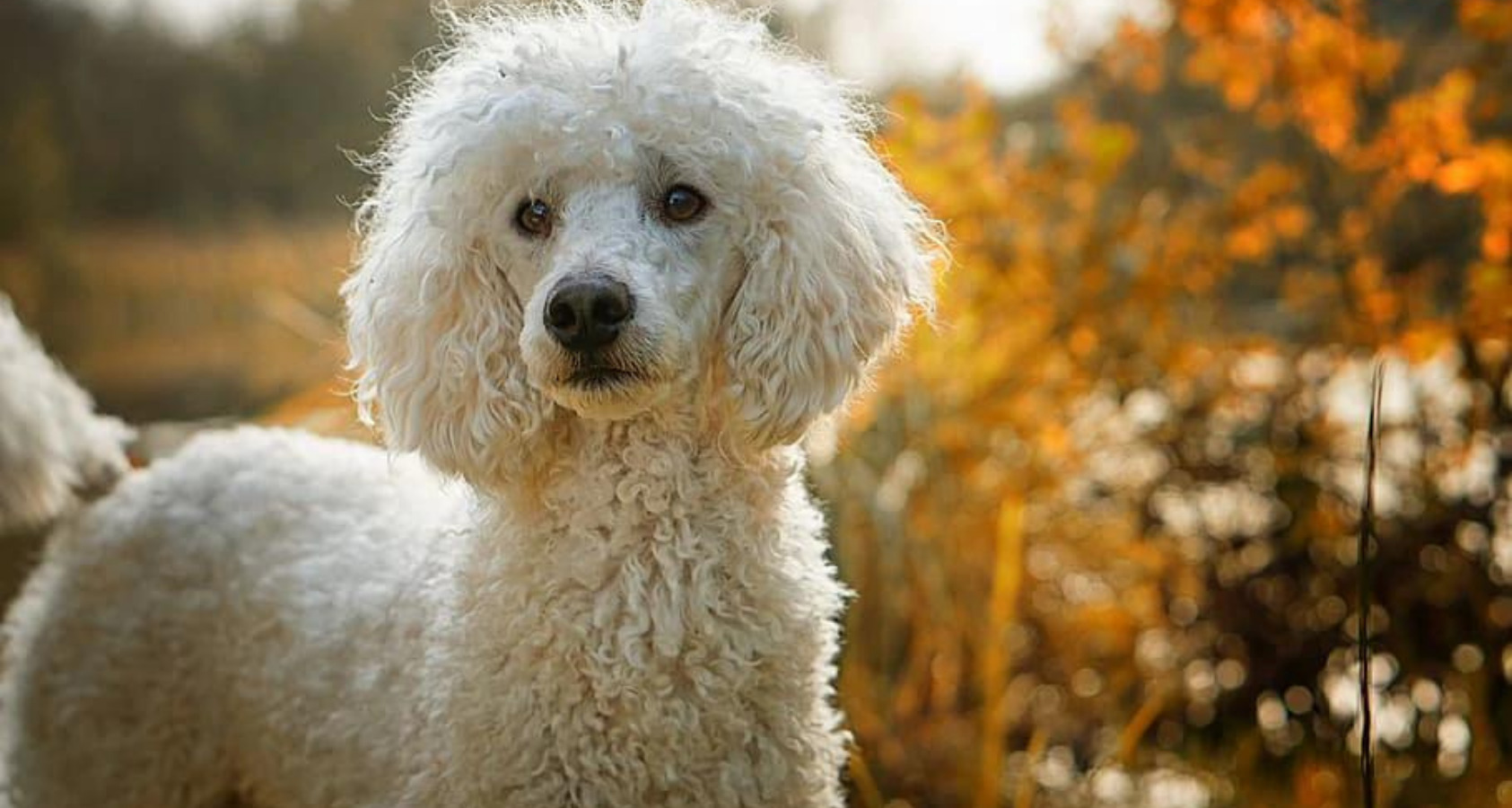
Poodle Personality
It’s easy to train a Poodle since they are active, intelligent, energetic, and lively.
They are highly affectionate and are prone to developing undesirable habits if confined for long periods of time without adequate mental and physical stimulation.
Their nervous nature often causes them to shy away from strangers and rarely show aggression, with the exception of occasional barking.
As a matter of fact, poodles are believed to have originated in hunting cultures, requiring regular exercise and training in order for them to function well as companions.
Despite their large size, poodles do not display a lot of territorialities, giving the impression that they are lousy guard dogs and watchdogs. On the other hand, if there is a major threat in their immediate vicinity, they tend to show a lot of protection when it comes to their families and homes. If they are not trained and socialized, poodles may become aggressive towards other animals and non-family members.
Activity
The majority of poodles, no matter what their size, enjoy playing. To be healthy, a sufficient amount of exercise must be performed on a daily basis. As long as it does not have a way to burn off energy, poodles will get frustrated and impatient, making them more likely to cause trouble.
The Poodle is an extremely intelligent dog, and as long as he is active and engaged with his body, he will do well. For this reason, you should have plenty of activities for your puppy during the day so that he can keep himself occupied. If you don’t provide your poodles with stimulating activities and toys, perhaps they’ll leave you a surprise in your shoes or chew up some other object in your house.
A Standard Poodle’s health can be maintained by walking and running each day. If you are interested in stimulating your dog’s mind and body at the same time, you might enroll him in agility classes. This will challenge him both mentally and physically at the same time.
Care And Grooming
Maintaining the well-groomed appearance of a poodle are one of the most challenging aspects of owning one. Due to their abundant hair, Poodles have a reputation for being hard to groom when it comes to grooming.
The reason they are great dogs for people who suffer from allergies is that they do not shed. However, their hair continues to grow into a thick, tangled mess if they don’t cut it every 3 – 6 weeks. Because they have curly hair, they are more likely to get ingrown hairs.
Bathing And Brushing
The hair of a poodle can easily mat, which is why you should brush your poodle’s hair two times a week. For a poodle with a specific hairstyle, slicker brushes, pin brushes, and metal combs may be necessary.
To begin, start with the head, then move on to the tail. Make sure you brush each section of the fur single-handedly, ensuring that you get everything down to the skin.
Our poodles, too, need to be bathed every so often in order to remain odor-free. A poodle should be bathed and trimmed on a regular basis, but not more often than once or twice a month.
Nail Trimming
Poodles’ nails should be trimmed regularly not only in order to maintain a neat appearance, but also to keep them comfy as well as keep their toes and paws in good health.
You can trim your poodle’s nails in 6 simple steps that are as follows:
- Get the right clipper
- Gather all the materials you will need for trimming
- Examine the length and anatomy of the nails
- Keep him/her relaxed during trimming.
- Using the nail edge as a guide, trim in small increments.
- Examine clippings again and recut if necessary.
Ears And Eyes Care
The Poodle is one breed that has more hair in its ears than most others. A poodle’s long hair can often obstruct a dog’s healthy airflow in the ear canal.
Poodles can suffer from ear infections due to this, so routine ear cleaning is essential. As part of routine grooming, ear hair should be plucked. It can be done by anyone, if they have the patience and time, or they could hire a professional. Pricing ranges from $20 to $100.
Poodles are known for their endearing, doleful eyes, which is one of their most remarkable physical characteristics. Unfortunately, this breed is prone to eye problems, which make things more complicated.
Common eye problems include:
- Glaucoma
- Tear staining
- Cataracts
- Optic nerve hypoplasia
- Progressive retinal atrophy
Whenever your pet experiences any kind of eye problem, consult your vet immediately.
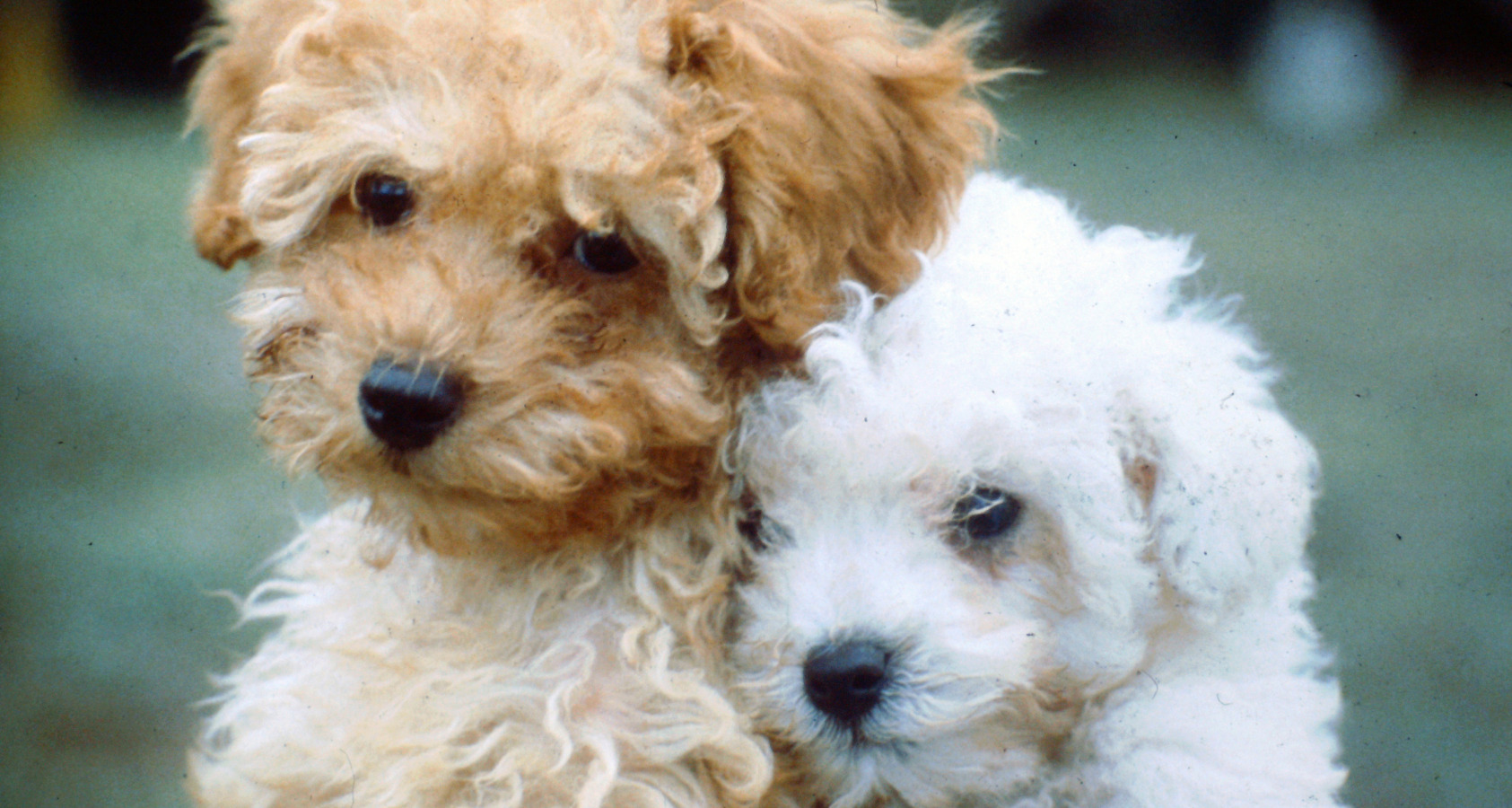
Poodle’s Health Status
The lifespan of a poodle is approximately 12 to 15 years. Furthermore, legitimate breeders thoroughly test their stock before placing them in a breeding program.
So, when you research the breeder you are going to be working with before choosing a purebred dog, you’ll know what the dog’s pedigree is to determine if there is any risk of health issues being passed down to the next generation.
The Poodle generally has good health, but like other purebred dogs, it is susceptible to certain hereditary conditions. The following are some issues related to poodle health:
- Cataracts
- Runny eyes
- Hypothyroidism
- Canine hip dysplasia
- Epilepsy
- Addison’s disease
- Gastric dilation volvulus
- Skin conditions
- Progressive retinal atrophy
- Allergies
- Von Willebrand’s disease
Poodle Puppy Training
A poodle is a smart dog that can be trained to become a good companion if it is given proper training. While they may appear a bit stuffy from the outside, poodles are highly athletic dogs.
In the beginning training phase, your poodle may be resistant, but he will eventually adjust to your training methods. Therefore, stay calm as your poodle grows into an intelligent, well-mannered, and devoted friend.
Socialize Poodle Puppy
In any dog training program, socialization is a key factor. Poodles that have been socialized properly are simply delightful to be around. Confident and friendly, they are proud ambassadors of their breed.
If you have other puppies or animals at home, start introducing them to your poodle puppy first. Once you are comfortable with them, introduce them to others, including people. The more socialization pups receive at a young age, the easier it is for them to behave nicely in crowds.
Avoid forcing your pup to meet people at first if he appears shy or nervous. Take your time and be respectful of how he feels. It may be difficult at first, but it will be worthwhile in the long run.
Lead Your Poodle Puppy
There is almost no limit to what a Poodle can learn. Getting to know your puppy’s temperament is the first step. Don’t try to force him to do what you want.
Be aware of your puppy’s body patterns and train him according to those patterns. Encourage him to obey you.
Your puppy requires guidance on what’s good and what’s bad. When he refuses to follow your instructions, do not force him to follow them immediately; let him digest your instructions.
The results are likely to surprise you, even if you find it difficult at first.
Give Appreciation / Rewards
Show your appreciation for the obedience of your poodle by giving him his favorite treats and rewards. In this way, he is always aware he is performing the right action, so when he does it right, he always gets a reward.
It will not be long before you are rewarding your poodle puppy with praise, and since they are eager to please you, you are likely to reward them with treats from time to time.
Potty Training
Potty training a poodle puppy is accomplished by a combination of trainings such as:
- Crate training
- Bell training
- Pad training
Puppy potty training works best through a strict diet regimen for the puppy, coupled with a strict schedule for taking the puppy outside.
Make sure your poodle puppy learns that it isn’t okay to pee or poop inside the house. In order to accomplish this, your dog must pee in a specific spot outside.
If you catch him doing it inside the house, signal him not to do it, and lead him to the outside so he knows that’s a better approach. Whenever your pooch starts using the bathroom or going outside for his potty needs, praise him and reward him for good behavior.
Leash Training
You may be surprised at how easy it is to teach a poodle puppy to walk normally on the leash. Introduce the collar to your puppy first. Get him used to wearing it.
Sound off a signal to let poodle know food is coming. Many people prefer to have a “click and treat” training method, while others prefer to say “yes”.
As the puppy wears a collar and leash, make it come to you. Continue this process until your puppy recognizes the signal and approaches you to walk a couple of steps with you.
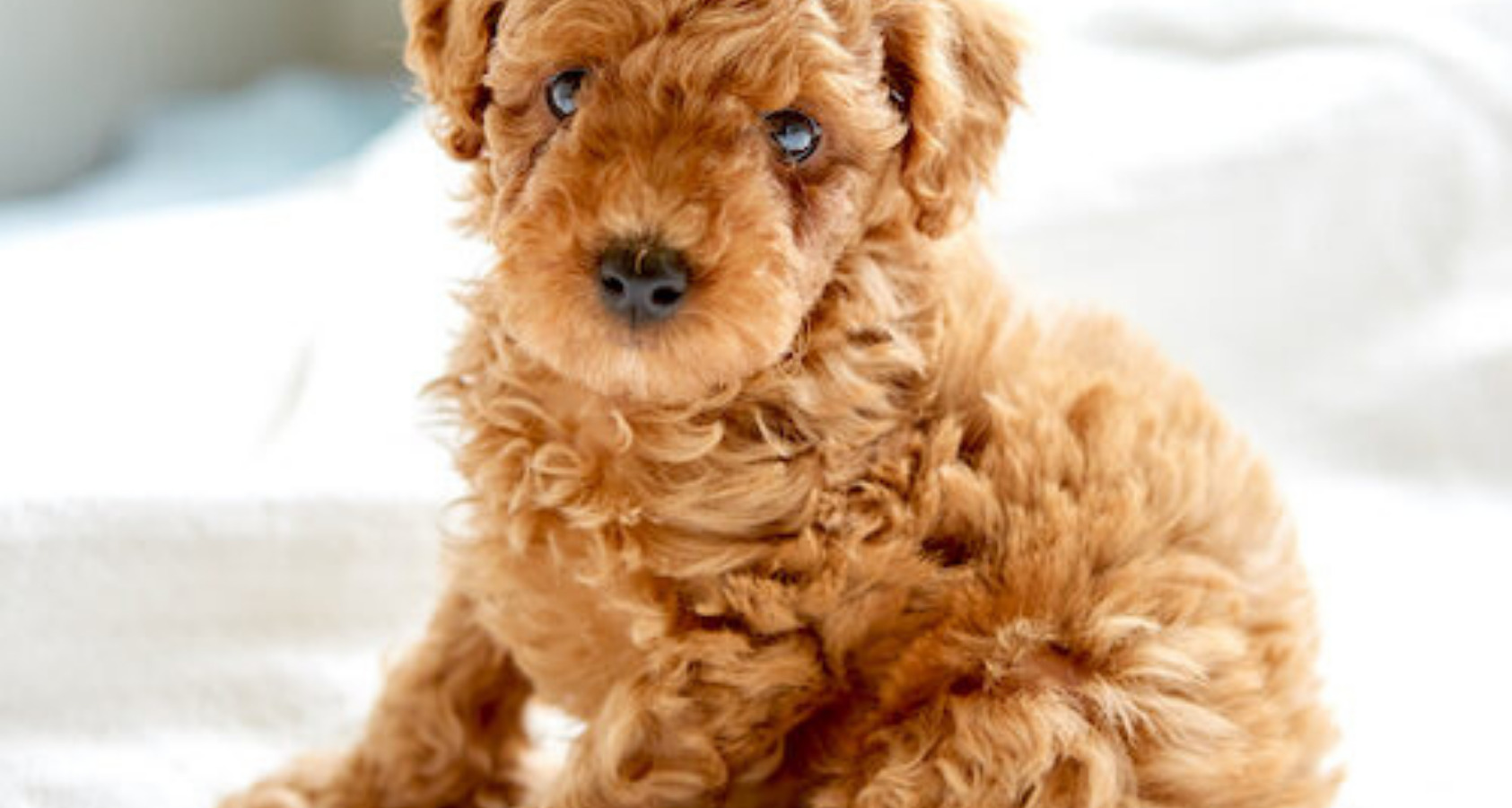
Feeding Requirements
As soon as you bring your poodle puppy home, around the age of 8-9 weeks, it will require three to four feedings a day. The food will generally be left out all the time, so freshness is critical.
At 8 weeks of age, offer a small meal 4 times per day.
Don’t just fill it up all day long, do a thorough cleaning after every use to prevent food from getting stuck at the bottom.
Life Span
A poodle’s lifespan averages 12 to 15 years old. Canine life expectancy is influenced by breed size, in which smaller dogs normally last longer than their large-breed counterparts. Poodles also follow this rule, with their life expectancy increasing with their decreasing size.
The size of your pet is not the only factor that can impact lifespan, additional factors contributing to lifespan can be:
- Your pet’s health.
- Level of physical activity
- Breed-specific diet and hereditary health.
How Much Does a Poodle Puppy Cost?
In the case of purchasing a poodle puppy directly from the breeder, the cost should range from $700 to $1200. Choosing a trustworthy breeder is the best way to guarantee your puppy’s safety and health. There are also organizations that offer rescue dogs for adoption, so you might want to consider that as well.
A rescue pup is typically cheaper than a puppy purchased from a breeder, though the wait time for a rescue puppy may be longer than with a breeder.
Conclusion – Poodle Puppies
There is no doubt that these lovely and adorable dogs will make a perfect addition to any family, regardless of their age or gender. Their disposition is great around children as well and they have a good temperament in general.
Poodle puppies are pretty easy to raise – it’s pretty much as natural as breathing. As long as they have enough to eat and drink, the only thing that matters to them is one thing, which is your love.

